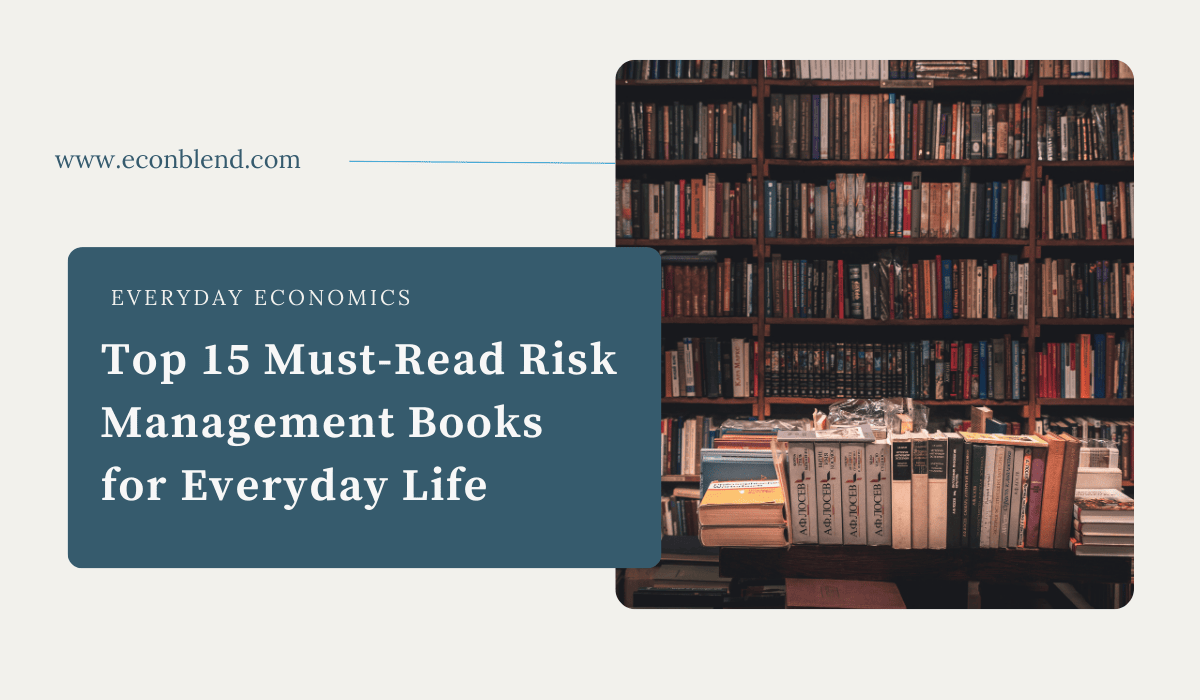Basic Economics is a citizen’s guide to economics-for those who want to understand how the economy works but have no interest in jargon or equations

Summary Notes
A while ago, I heard that there was another American who was considered by many to have been the first black president, whose name was Thomas Sowell. Now I understand why.
This book was so interesting as it was densely packed with intellectual content that I had to limit myself to only read 10 pages a day. So approximately 60 hours and two months later, I am less knowledgeable about economics than I was before — because now I’m convinced that the things I thought I knew about economics are complete nonsense.
Sowell’s view on economics is more rational than optimistic. His objective view allows the reader to grasp the raw image of the economic scene, but with the right tools to guide our thinking toward our own economic prosperity. This is one of those texts that will eventually garner Thomas Sowell the respect that he deserves despite the fact that he may not get it in his lifetime. He writes..
“No one writes a 900-page book to say how happy he is with the way things are going” (page 623).
Sowell views economics as an understanding of human behavior in general, in the simplest manner possible, and not just as a trade game. In addition, he put more effort into addressing the common misconceptions among those who possess only a general understanding of economics.
“The most fundamental reason why there is no such thing as an objective or “real” value is that there would be no rational basis for economic transactions if there were. When you pay a dollar for a newspaper, obviously the only reason you do so is that the newspaper is more valuable to you than the dollar is. At the same time, the only reason people are willing to sell the newspaper is that a dollar is more valuable to them than the newspaper is.”(Page 31)
“Those with zero-sum vision who have seen property rights as mere special privileges for the affluent and the rich have helped erode or destroy such rights, or have made them practically inaccessible to the poor in third world countries, thereby depriving the poor of one of the mechanisms by which people from backgrounds like their have risen to prosperity in other times and places” (page 634)
In an era when most people were just treating data through the lens of statistics, Thomas Sowell treated data with science. In turn, he saw economics from a completely different perspective, explaining things that could not otherwise have been explained. And the book is designed in such a manner that it becomes more profound as you proceed to the end.
“If low-wage employers make workers worse off than they would be otherwise, then it is hard to imagine why workers would work for them. “Because they have no alternative” may be one answer. But that answer implies that low-wage employers provide a better option than these particular workers have otherwise—and so are not making them worse off. Thus the argument against low-wage employers making workers worse off is internally self-contradictory.” (Page 230)
“Because risk is the whole reason for speculation in the first place, being wrong is a common experience, though being wrong too often means facing financial extinction.” (page 288)
“The real problem of poverty is not a problem of “distribution” but of production. The poor are poor not because something is being withheld from them but because, for whatever reason, they are not producing enough.” (Page 261)
“Understanding any subject requires that it first be defined, so that you are clear in your own mind as to what you are talking about—and what you are not talking about. Just as a poetic discussion of the weather is not meteorology, so an issuance of moral pronouncements or political creeds about the economy is not economics.” (page 64)
“It would of course be unreasonable to expect the general public to become financial experts or any other kind of experts, since there are only 24 hours in the day and people have lives to lead. What may be more reasonable is to expect enough voters to see the dangers in letting many economic decisions be made through political processes.” (page 338)
“The moral judgment that life is not “fair” to individuals, groups or nations in the sense of providing them all with the same factors that promote economic prosperity or other benefits, is one that can be shared by people with very different moral or ideological values.” (page 595)
(Featured image was created with amazon book cover image)
Affiliate link disclosure: This post contains affiliate links. If you choose to make a purchase through them, we may earn a small commission—at no extra cost to you! Rest assured, all our reviews and recommendations are completely honest and unbiased. For more details, check out our Disclosure Policy.



